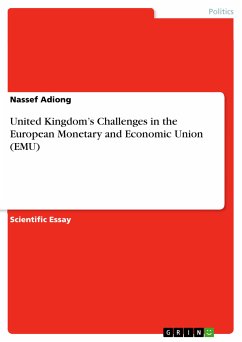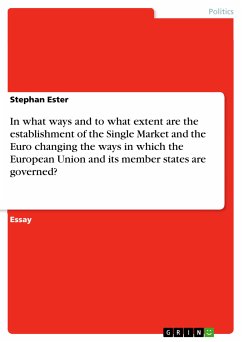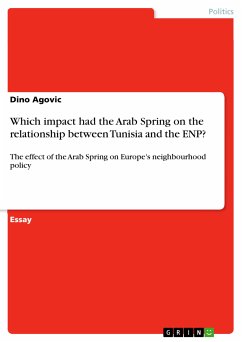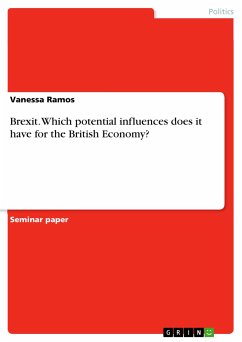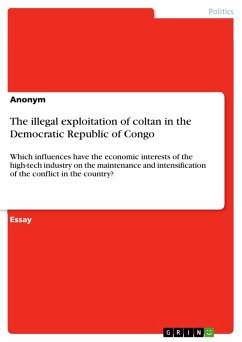Bachelor Thesis from the year 2020 in the subject Politics - Region: Western Europe, grade: 1,3, University of Bamberg, language: English, abstract: This paper attempts to find an answer to the following research question: To what extent can the theoretical implications of Kenneth Waltz’s "neorealism" and Andrew Moravcsik’s "liberal theory" explain the United Kingdom’s decision to hold a referendum on its membership in the European Union? To answer this question, I begin by defining the essential key terms used in this paper and laying down the theoretical assumptions and implications of both theories. From these theoretical foundations I will derive my hypotheses, providing the main thread for the analysis, at the end of each chapter. The subsequent chapter discusses the research design of this paper. In the analytical portion of this dissertation, I will first focus on applying the relevant theoretical implications of neorealism to examine the referendum decision. Subsequently, I will similarly apply the compatible elements of Andrew Moravcsik’s liberal theory to conduct an analysis into the reasons behind the referendum decision from a liberal perspective. Finally, I will discuss the conclusions drawn from the analysis. On the 23rd June 2016, the United Kingdom held a referendum regarding its future within the European Union. The result of this referendum was a very important political event, shaking the foundations of the "European idea" to its core, and leaving many experts baffled. However, while the results of this "Brexit" were largely astounding and unexpected, why did the UK opt for a referendum on its membership in the EU in the first place? While the potential reasons behind the outcome of the referendum have been subject to substantial academic analysis, research regarding the reasons for the referendum is somewhat scarce.



